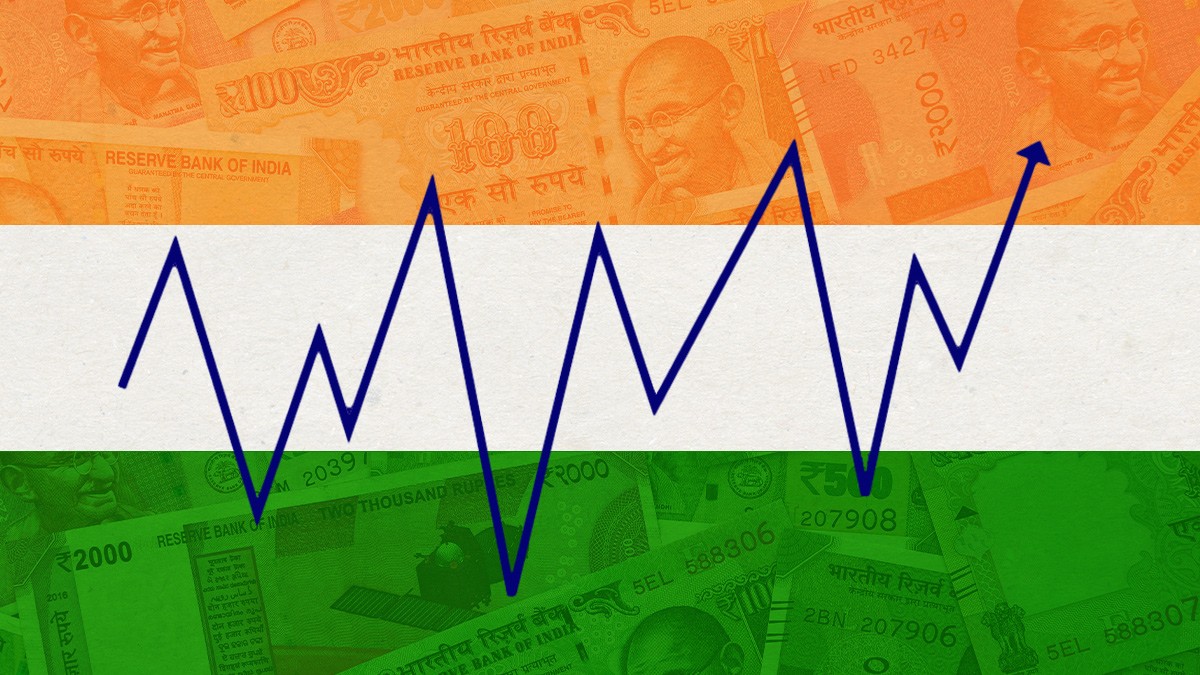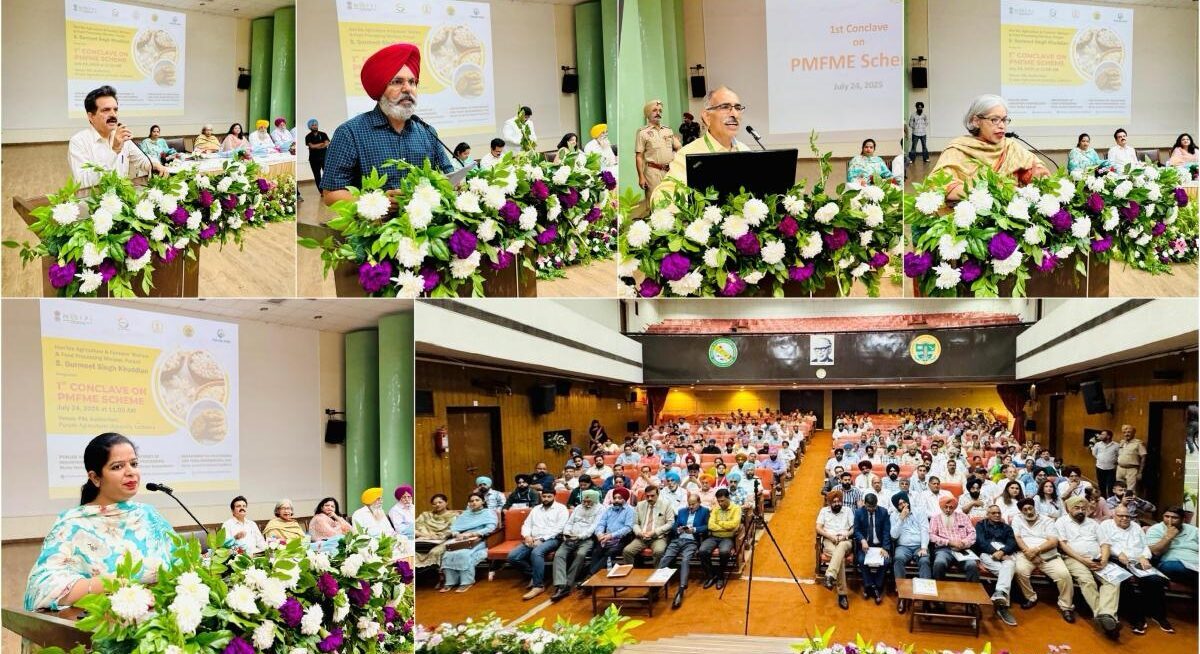The Bombay High Court is poised to deliver a key judgment today that could redefine how food chains are taxed under the Goods and Services Tax (GST) regime. At the centre of the dispute lies a deceptively simple question: are donuts a bakery product or a restaurant service?
The case arose after Singapore-based food company Mad Over Donuts (MOD) of Himesh Foods Pvt Ltd, which challenged a notice by the Directorate General of GST Intelligence (DGGI), demanded ₹100 crore in tax and penalties for allegedly misclassifying its business by declaring it as a restaurant service rather than selling bakery items.
The classification carries significant tax implications. If donuts are deemed a bakery product, they attract an 18% GST. However, if categorised under restaurant services, the applicable tax rate drops to just 5%.
MOD’s counsel, advocate Abhishek A. Rastogi, argued that the supply of donuts should fall under the “composite supply of services” as per Central GST regulations. He pointed out that food items served in restaurants, messes, and canteens are taxed 5% under the restaurant service category. According to Rastogi, this aligns with how MOD operates – providing ready-to-eat food in a dine-in format.
The legal debate has gained broader industry relevance, especially for quick-service restaurant (QSR) chains. Such notices have reportedly been served to other donut chains such as Dunkin’ Donuts and Krispy Kreme, suggesting the issue may have broader implications.
The core legal question centers around “composite supply,” a term used in GST parlance for bundled services and goods that are supplied together. The primary item in such a bundle determines the GST rate. For instance, a hotel stay that includes breakfast is taxed based on the service of accommodation, not the food.
Earlier hearings before the bench of Justices B.P. Colabawalla and Firdosh Pooniwalla saw indications that the court might lean towards applying the lower 5% rate. However, DGGI continues to maintain that donuts sold at MOD outlets are processed goods akin to confectionery, and thus, bakery items deserving of the higher tax bracket.
The verdict will also clarify how SAC (Service Accounting Code) classifications should be interpreted when food is sold in formats blending dine-in, takeaway, and delivery.
Today’s decision is eagerly anticipated not only by MOD, but by the whole chain of food sectors, tax experts, and regulators. It may set the tone for how other foods are taxed under GST in the future
Also Read: Burning Indian Currency: What the Law Says
























